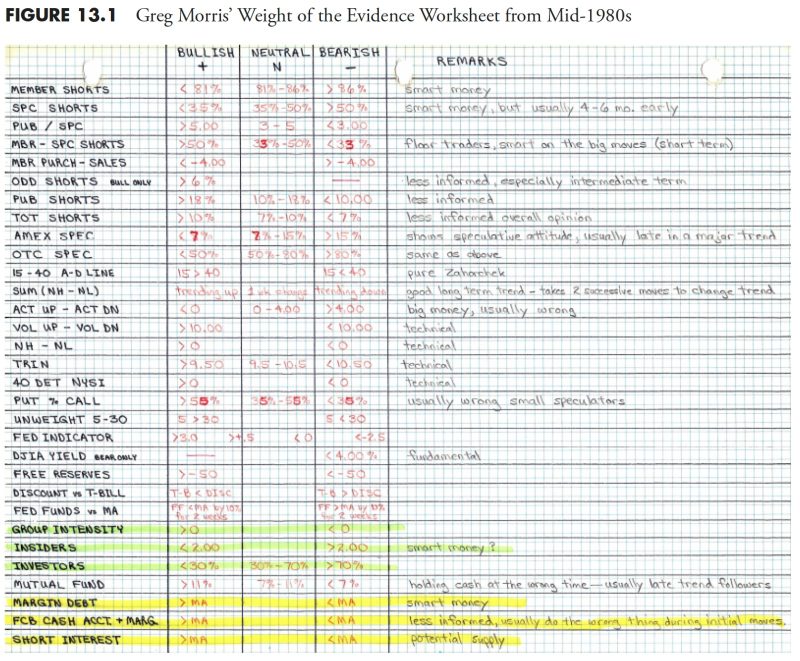Managing finances is a crucial aspect of any individual’s life. How we handle our money can greatly impact not only our present situation but also our future financial goals. One effective way to manage money is by utilizing a rules-based money management system. This approach involves setting clear guidelines and parameters for how money is earned, saved, spent, and invested. In this article, we will delve into the importance of measuring the market and how it plays a significant role in the rules-based money management system.
Measuring the market involves tracking various metrics and indicators that provide insights into the current state of the economy and financial markets. By analyzing these factors, individuals can make informed decisions about their finances and investments. One key metric that is often used in market measurement is the stock market index. This index represents a basket of stocks that provide a snapshot of how well the overall market is performing.
Additionally, measuring the market also involves monitoring economic indicators such as GDP growth, inflation rates, unemployment rates, and consumer confidence. These indicators can give individuals a sense of the broader economic conditions and how they may impact their financial well-being. For example, rising inflation rates may lead to higher prices for goods and services, impacting individuals’ purchasing power and saving strategies.
Another important aspect of measuring the market is understanding market cycles. Markets go through various phases, including bull markets, bear markets, and consolidation phases. By recognizing these cycles, individuals can adjust their investment strategies accordingly. For instance, during a bull market, investors may focus on growth-oriented assets, while during a bear market, they may opt for more defensive strategies to protect their capital.
Moreover, measuring the market also involves assessing risk factors such as volatility, correlation, and drawdowns. These factors can help individuals gauge the level of risk in their investment portfolios and make necessary adjustments to mitigate potential losses. Implementing risk management strategies is essential to safeguarding one’s financial assets and achieving long-term financial goals.
In conclusion, measuring the market is a critical component of a rules-based money management system. By tracking key metrics, understanding market cycles, and assessing risk factors, individuals can make prudent financial decisions that align with their goals and risk tolerance. Utilizing a systematic approach to managing money can lead to better financial outcomes and enhanced peace of mind in the ever-changing economic landscape.


























